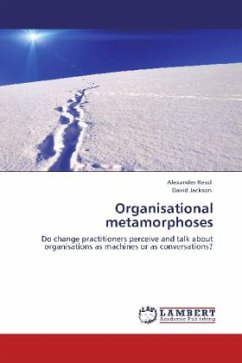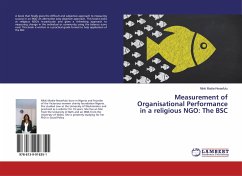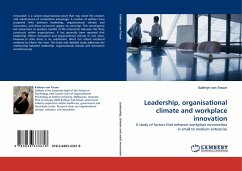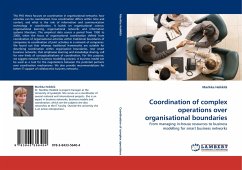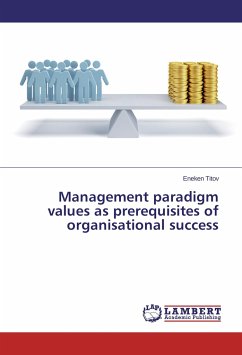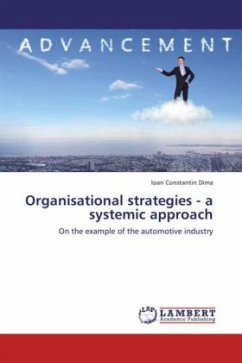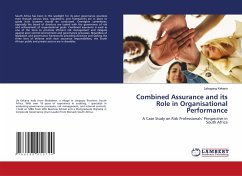Most managers, change practitioners, consultancies, University programmes, and more, are talking about organisational life and change management from a rational, simplistic, mechanical, objective, and systems thinking perspective, where little room is paid to the micro details of human interaction and how people come to do what they do in their everyday accomplishments. It is argued that this organisations as machines view, with all its theories, models, prescriptions, techniques, and ways of talking about change management, has provided little help in order to successfully change organisations, with a failure rate of up to 90 percent. Therefore, it is not a need for more complex tools, and models for change practitioners to follow, rather what is called for is a new way of making sense and thinking about our daily activities and what happens in the interplay between people. This view is reflected by the theory of complex responsive processes of relating, and is labelled organisations as conversations . The authors of this book set out to investigate if change practitioners in a public company in Norway embraces complexity thinking or the "organisations as machines" view.
Bitte wählen Sie Ihr Anliegen aus.
Rechnungen
Retourenschein anfordern
Bestellstatus
Storno

